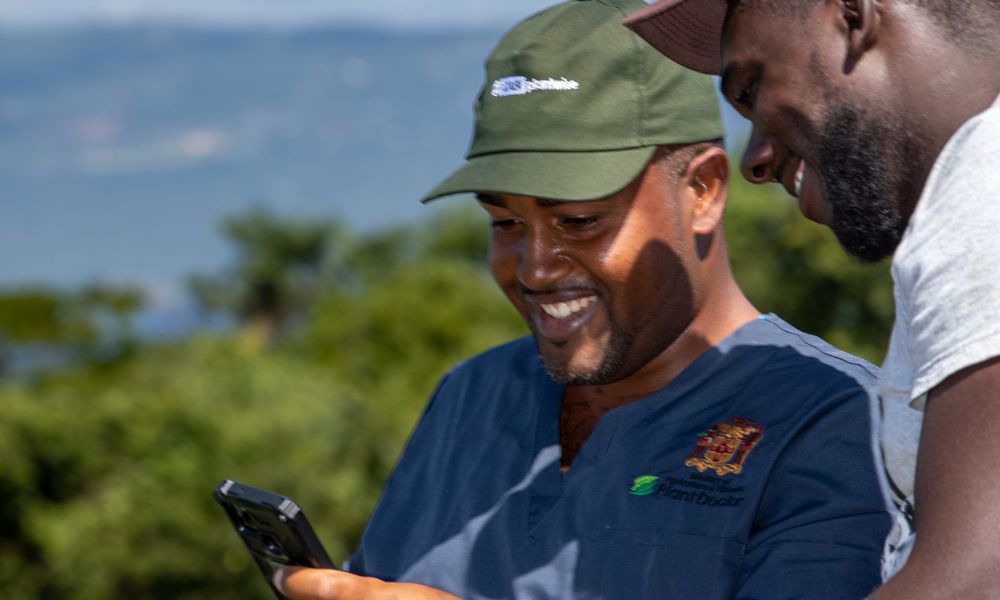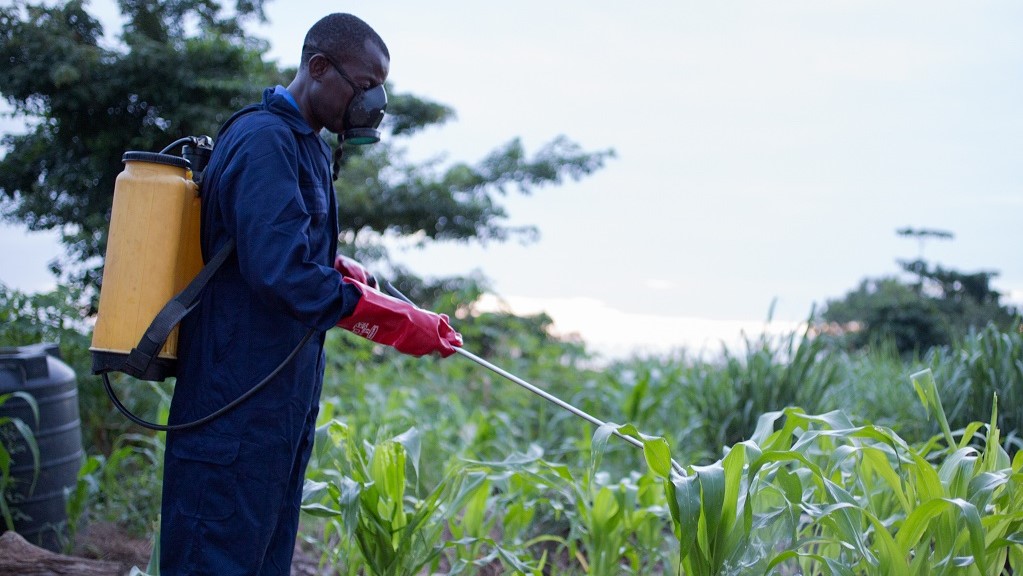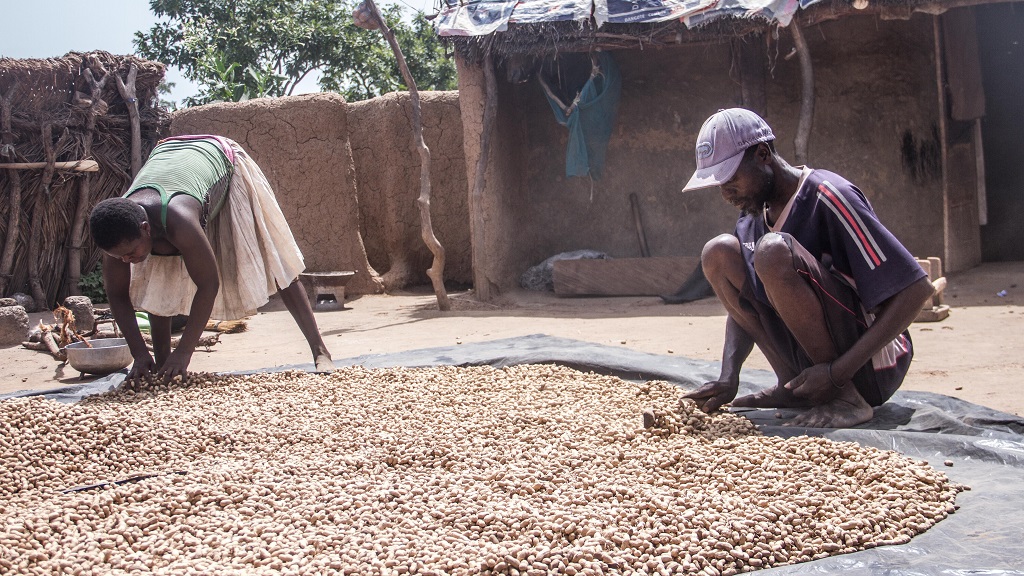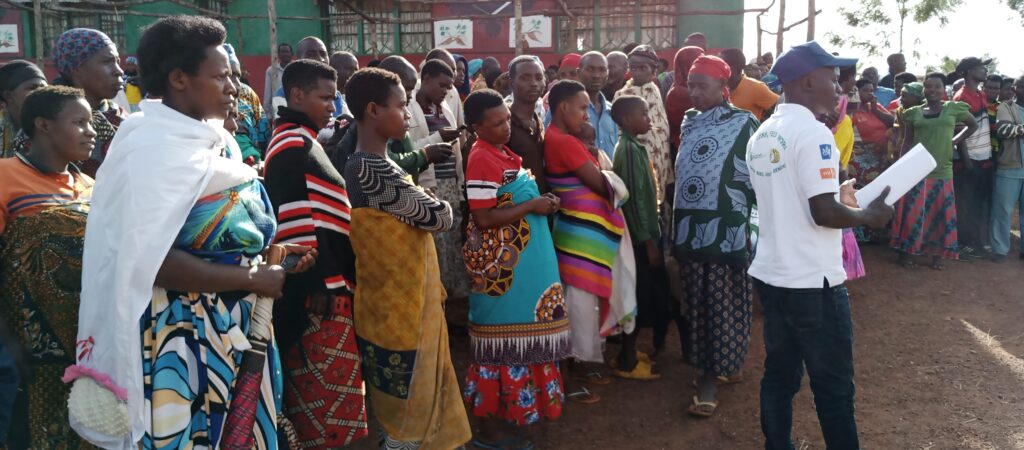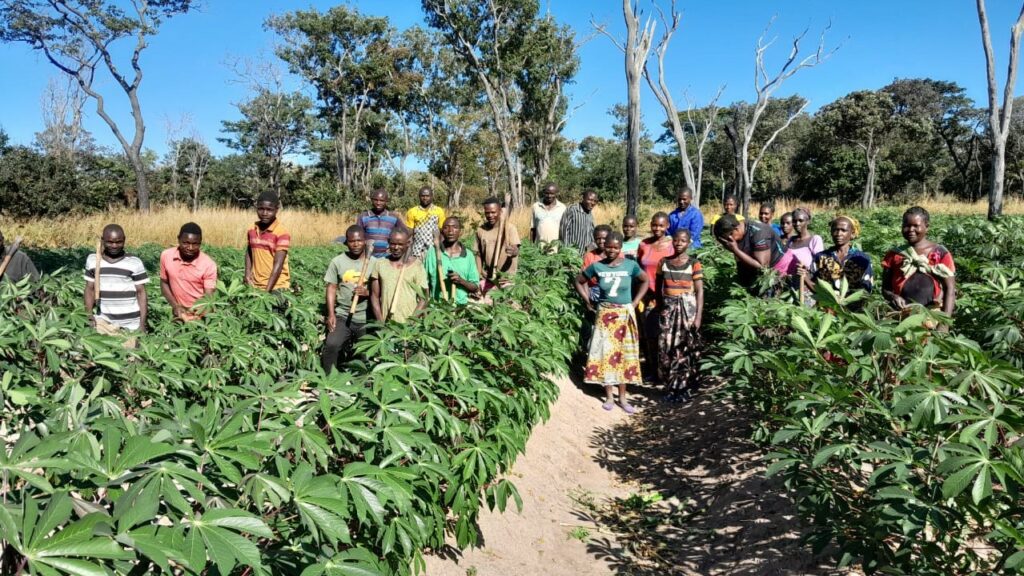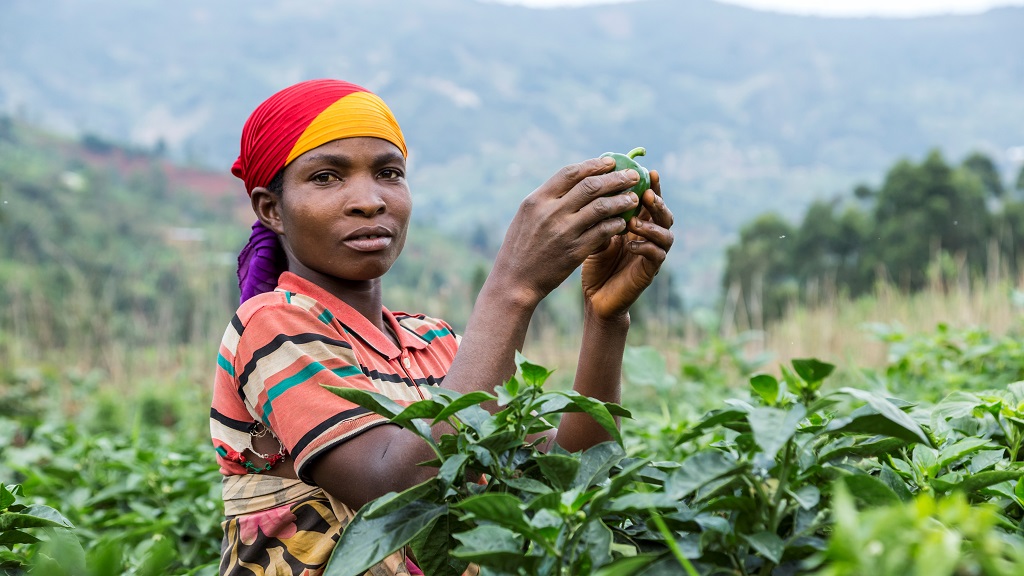6 ways that PlantwisePlus tools are transforming digital development
Digital development has come a long way over the past decade. And it’s helping farmers to access agricultural knowledge. Reaching smallholders with farming know-how can be challenging. Most smallholders have limited access to agricultural information. Moreover, public extension services are becoming more difficult to access. Tanzania only has four extension agents per 10,000 farmers. In…
How Jamaica is supporting young people in agriculture
“At first, I don’t think he wanted us in farming. He more wanted a nurse, or a flight attendant, or something like that.” Justine is a young farmer in Jamaica who initially faced resistance from her father. She and her siblings are now preparing to take over the family farm.
Ukulima True – a Kenyan farming campaign to help reduce the risk of pesticides
As demand for food grows globally, farming practices must intensify. Farmers will need to use more low-risk tools to tackle plant pests and diseases. Pesticides are an important tool for pest management. However, they should be seen as part of a kit of many tools, not the only tool. This is because pesticides also pose…
Plant health knowledge helps residents of wildlife conservancy turn from poaching to farming
Simalaha Community Conservancy aims to protect endangered wildlife. However, several years ago, it faced a big challenge. People living within the parks’ boundaries were poaching animals for food and income. The Conservancy is managed by Peace Parks Foundation. They addressed the problem by helping residents to shift from poaching to smallholder farming. But in 2020,…
How young people are bringing nature-based solutions to farmers
Young spray service providers are changing environmental protection and food safety by offering natural alternatives to chemical pesticides. They’re changing farmers’ minds about the types of pest control they use. In this blog, we look at PlantwisePlus training in pesticide application and how the programme supports young people – the future of safer and more…
How does better food processing support food security?
How can better food systems protect food security? We talk to CABI’s food safety scientist, Sydney Phiri, in a Q&A Scientist Sydney Phiri joined CABI in 2022 to focus on sanitary and phytosanitary (SPS) issues and food safety. He has a well-established career and has worked on a range of food safety and hygiene issues,…
Empowering farmers in Burundi through Plantwise plant health rallies
Plantwise is making big strides in Burundi to enhance food security and boost rural livelihoods. The CABI-led programme aims to equip farmers with essential plant health knowledge. This information enables them to minimize yield losses and increase their incomes. One of the key approaches involves conducting mass plant health rallies. These are community events where…
Why it’s important to prioritize unpaid care work in the agriculture sector
Gender norms often prevent women from entering into productive careers in agriculture. These norms are a type of social norm related to what communities believe men and women should and shouldn’t be doing. They’re shared beliefs about typical and appropriate behaviour in a group.

